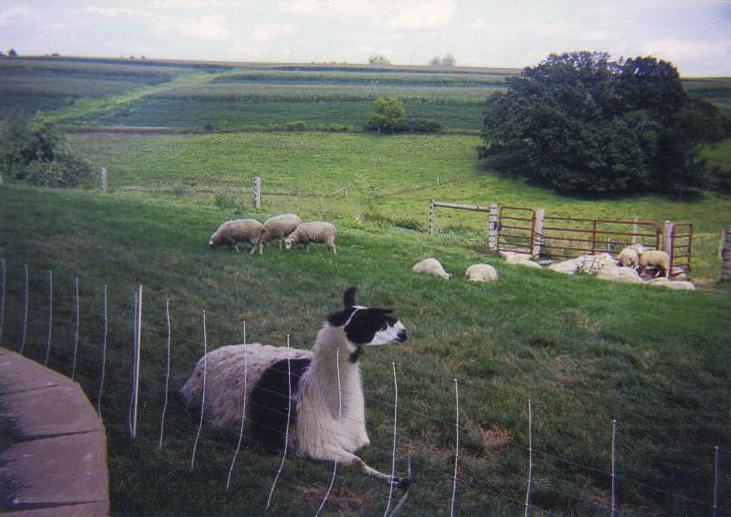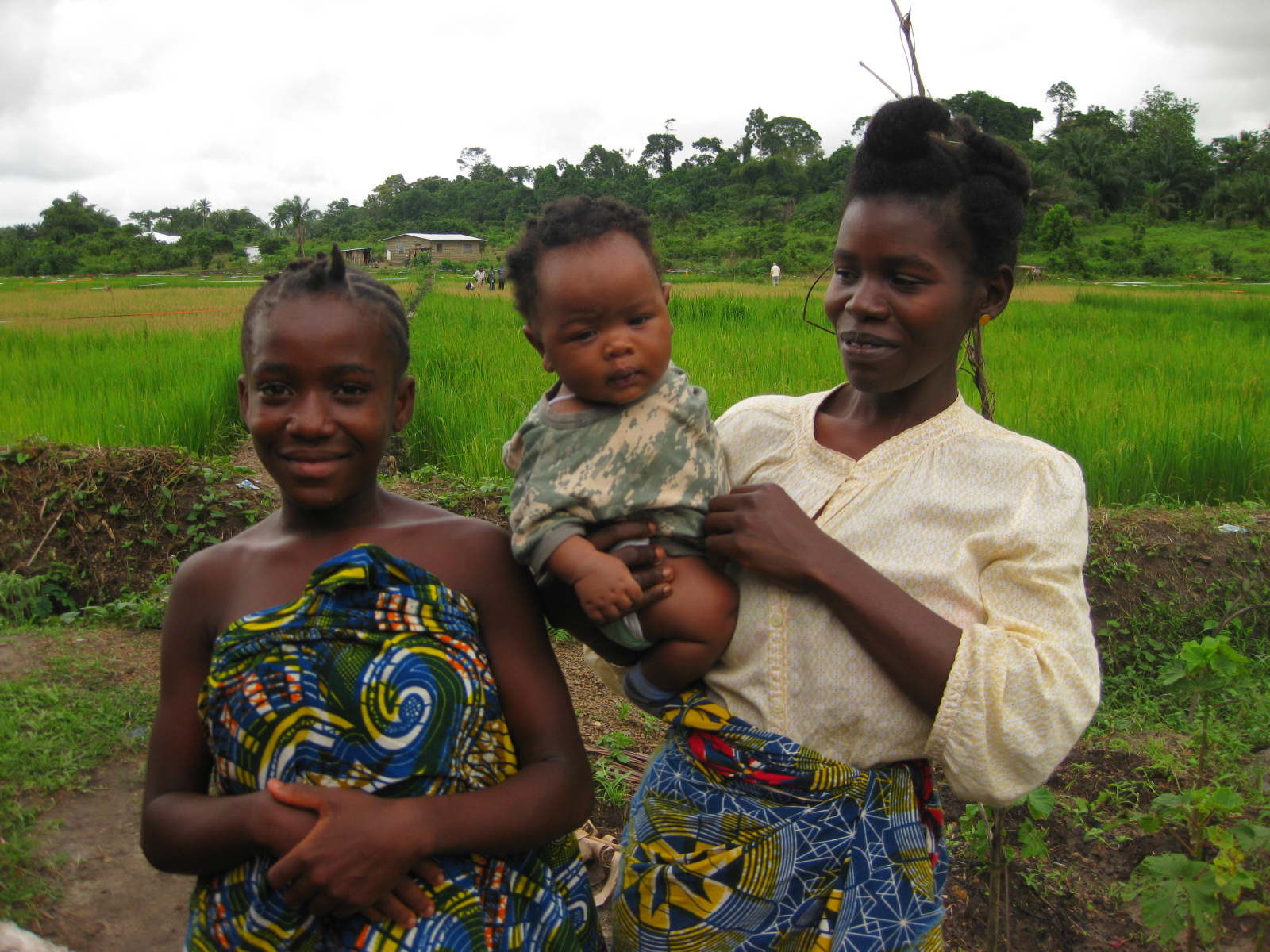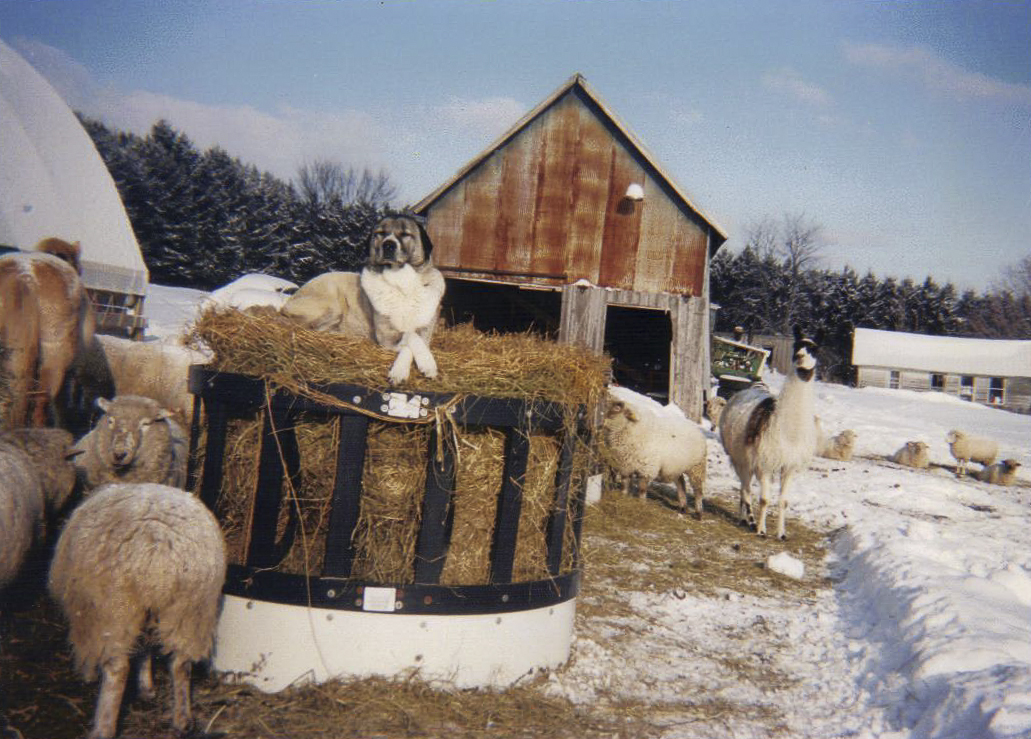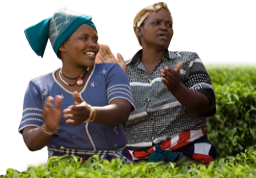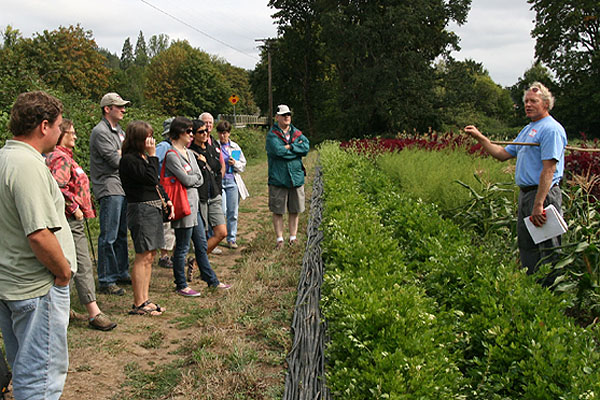Voices From the Farm: Llama Antics
Frisco’s guarding surpassed my fondest hopes! One day the flock of 160 sheep and the llama were grazing the farthest pasture, next to the highway, when a passing dump truck suddenly backfired. Frisco instantly rounded up the entire flock, brought them in on the double, and herded them into a corner near the buildings where they would be safe.

